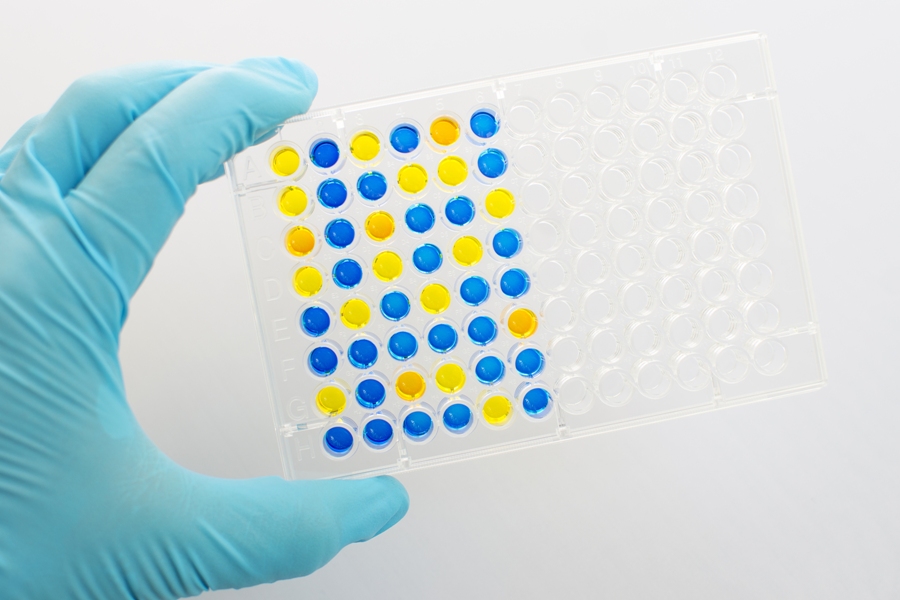Elisa is simply a reaction of the antigen-antibody. In the year, 1971, Elisa was introduced by Eva Engvall and Mr. Peter Perlmann at the Stockholm University, Sweden. This is one of the most popular techniques that are used in the laboratory. It is mostly used for measuring the antigen and antibody concentration available in the blood. This can be termed as a plate-based assay technique that can be preferred for quantifying and detecting substances like peptides, antibodies, proteins, and hormones.
What is Sandwich Elisa?
Sandwich Elisa is known for being one of the most uncommon variants of Elisa. It is quite popular because it is quite efficient in detection of sample antigen. There are some commercial Elisa pair sets that are built on the Sandwich Elisa. This Elisa quantifies antigens between both the antibodies layers, which include detection antibody and a capture antibody. The antigen that needs to be measured should contain minimum two antigenic epitopes which are capable of antibody binding. This is because two antibodies need for acting in the sandwich Elisa. Any of the antibodies can be used for capturing as well as detection of antibodies in the Sandwich Elisa system.
Monoclonal antibodies acknowledge a single epitope that is used for quantification and light detection of small differences in the antigen. For capture antibody, a polyclonal can often be used to pull down the antigen as much as possible. The advantage of this Elisa type is that there is no need to purify the sample before undergoing the analysis. The assay can be quite sensitive, but lower than the ELISpot. As compared to the indirect and direct Elisa, this can be around 2-5 times more susceptible.
Procedures of Sandwich Elisa
The methods of Sandwich Elisa can be a little tricky for optimizing and therefore tested match pair antibodies can be directly used. This can ensure that the antibodies can detect some epitopes on the protein which is targeted so that it does not interfere with another antibody binding.
The principle of Sandwich Elisa:
- The enzyme-linked secondary antibody is used. It binds to detect antibody.
- A capture antibody is used for coating the plate
- Detecting antibody used to bind the antigen
- The substrate is converted using an enzyme to some detectable form.
Advantages
There are many benefits of this Elisa test, and some of them are stated below:
- Suitable for the complex samples because no purification is required for the antigen before the measurement.
- Sensitivity and flexibility, both indirect and direct methods can be used
- High specificity because both the antibodies can be used
Elisa Sandwich can be said as a popular tool for diagnosis of influenza and Avian flu or H5N1.
